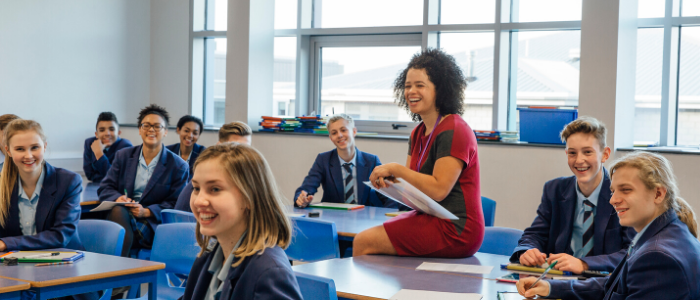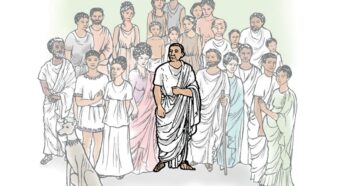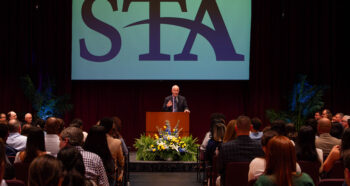“We do not learn from experience. We learn from reflecting on experience.” John Dewey
It is our ability to make meaning and to grow from our experiences that defines us as human and reflection is at the heart of all meaning making. Nothing in education, for students, teachers and school leaders alike, is more important than developing reflective practice and making it a habit.
Skilled reflection is an active, disciplined and deliberate strategy that requires considerable time and focus to develop and will not happen automatically. This blog will consider some principles and practices that underpin what effective learners, teachers and school leaders do.
Understanding Progress: What does getting better involve?
Skilled reflection is necessary for any learning experience to build towards the next, deepening understanding and improving performance. All effective feedback results in reflection about what would be most productive to do next to improve learning and this reflection leads to action and further reflection.
The effectiveness of feedback is entirely dependent on the giver and receiver’s inclination and ability to reflect deeply on the meaning of the feedback. Unfortunately, some practices at a number of schools do not support this.
One example is the overuse of grading. Receiving a grade usually produces an emotional rather than a reflective thinking response in students, who can become concerned with how they look and their position relative to others.
While grades might accurately describe the student’s performance, they do not identify clearly the next steps needed for improvement. Often, comments given by the teacher are overlooked by the student even if they are meaningful in terms of formative development.
Good teachers, supported by appropriate school expectations, create a culture of learning. When this culture works well, performance will take care of itself.
Effective feedback makes the student think hard about their own learning and own it, breaking down what are often complex performances into manageable and understandable areas to focus on. Grades are rarely used.
Understanding learning: Is what I am doing working?
All good teachers, supported by school expectations, make learning an object of reflection in order to support student self-regulation and learning how to learn.
Along with effective feedback, developing metacognitive regulation and control will have significant gains in improving learning and performance. Effective learners understand learning objectives and monitor their performance – adjusting as they learn. The learning process is understood, for example the relationship between working and long-term memory and its implications for spaced and interleaved practice. Students become skilled at monitoring and regulating the quality of their study and so don’t waste their valuable time on ineffective study practices. They understand and enjoy the benefits of working collaboratively with their peers supporting each other and acting as critical friends.
Understanding Context: What is my situation and what are its implications?
Reflection for school leaders and teachers requires a willingness to challenge existing beliefs about the school or classroom and test the efficacy of what we are doing. We need to ask searching questions and look at a wide range of evidence including:
- What does research say about the potential of an approach to improve learning? An example could be lesson observation as a means of teacher evaluation. Research clearly shows that many approaches to teacher evaluation do not have the potential to improve learning, so are we are doing something based on a false initial understanding? There is a tendency to carry on doing something just because we feel we should.
- How do local context and culture interact with theory and practice? All educational interventions need local adaption. In the example above teachers will react to teacher observation in very different ways so what works in one school will not in another.
- What are the actual outcomes of what we are doing? How do we know? Who are we consulting? What are the unintended consequences? Reflective teachers and school leaders are always engaged with these questions.
Understanding self: What do I want to achieve?
Above all, reflection is essential for human fulfilment and happiness. Teachers in great schools feel empowered and expected to participate in life-long rigorous professional development, believing they can always improve.
It is essential that schools help students learn the literacies and knowledge needed to provide access to new ways of problem solving and thinking, but this is not enough. Students need to explore and discover what their passions are and have time to pursue them. They need to engage with community and ethical issues and encouraged to be confident, responsible, innovative and engaged. These other learner attributes are only possible if students are reflective. It is for this reason that being reflective is the most important Cambridge learner attribute.
This blog is one of a series on the Cambridge learner attributes. See also:
The learner attributes are considered in detail in the following document: https://www.cambridgeinternational.org/Images/417069-developing-the-cambridge-learner-attributes-.pdf





